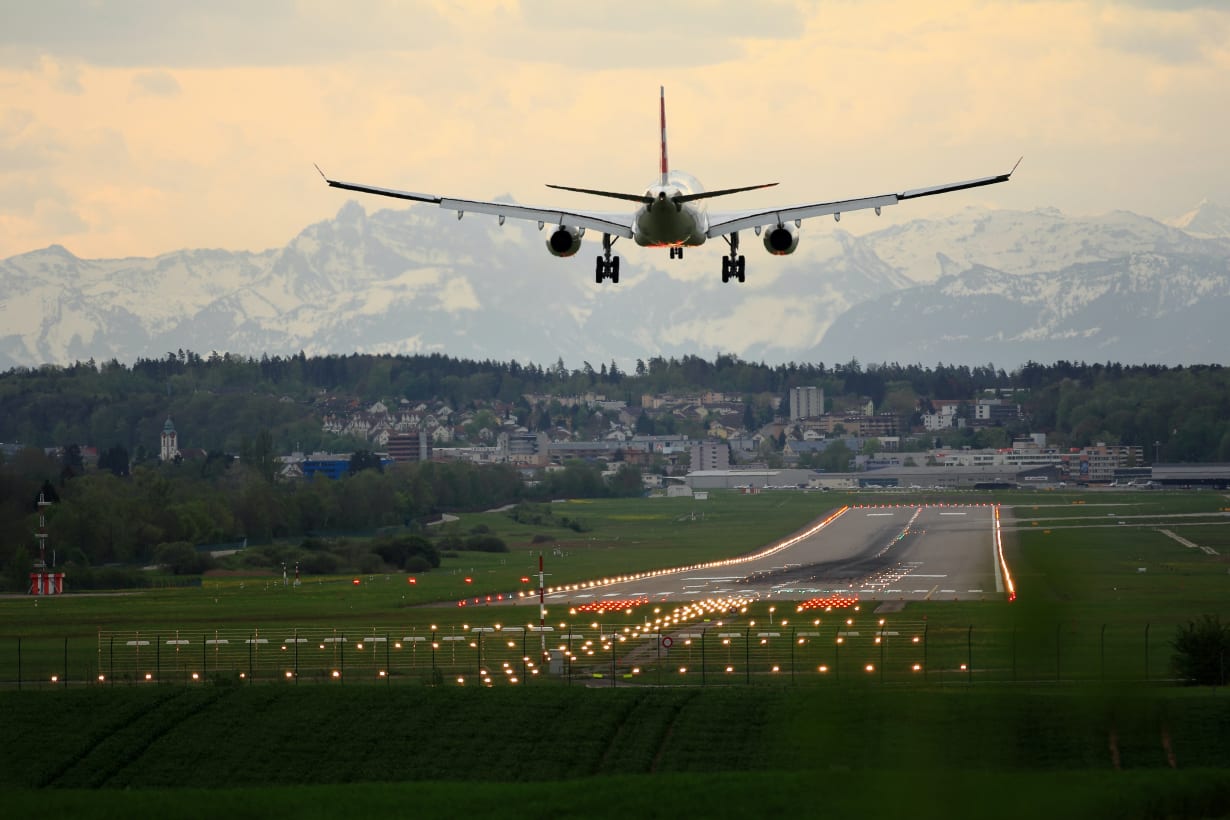Passenger Name Record (PNR): An Overview
A Passenger Name Record (PNR) is a vital component of the travel industry, functioning as a digital record of a passenger's travel information.
Originally developed by airlines, the PNR system has become an integral part of modern travel, used by travel agencies, airlines, and global distribution systems (GDS) to manage reservations efficiently.

What is a PNR?
A PNR is a database entry that holds information about a passenger’s journey. It is created when a traveler makes a reservation and can include details such as:
- Passenger’s Name: The full name of the traveler(s) associated with the booking.
- Contact Information: Phone numbers, email addresses, and other means of contact.
- Itinerary Details: Information about flight segments, dates, and travel times.
- Ticketing Information: Ticket numbers and issuance details.
- Frequent Flyer Details: Membership numbers and any associated benefits.
- Payment Information: Details of the payment method used.
- Special Requests: Information about seat preferences, meal selections, or accessibility needs.
History and Evolution
PNRs were originally developed in the 1960s by airlines to simplify booking processes. Over time, they evolved into a standardized format shared across airlines and travel agencies worldwide.
Today, PNRs are not just limited to air travel; they are also used for other forms of transportation and lodging, such as trains, hotels, and car rentals.
Uses of a PNR
PNRs serve multiple purposes in travel management:
- Reservation Management: Airlines and travel agencies use PNRs to manage bookings, make changes, or provide updates to travelers.
- Security and Immigration: PNR data is used by border control and security agencies to screen passengers and help ensure safety.
- Customer Service: Airlines use PNRs to provide personalized services, handle customer inquiries, and manage loyalty information.
- Analytics and Planning: PNRs help travel companies analyze trends, optimize routes, and improve service offerings.
PNR and Privacy Concerns
With the vast amount of personal information in PNRs, privacy, and data security are significant concerns. Regulations such as the General Data Protection Regulation (GDPR) in Europe help ensure that PNR data is handled securely and that passengers’ privacy rights are protected.
Global Distribution Systems (GDS) and PNR
GDS platforms, such as Amadeus, Sabre, and Travelport, play a crucial role in managing PNRs. These systems connect airlines with travel agencies, enabling seamless sharing and updating of PNR information across platforms.
How to Access Your PNR
Travelers can access their PNR information through various means:
- Confirmation Emails: Most airlines send a confirmation email containing the PNR code after booking.
- Airline Websites: Passengers can enter their PNR code on airline websites to view or manage their bookings.
- Travel Agencies: Travel agents provide PNR details and can assist with any changes or updates.
Passenger Name Records are essential for modern travel. PNRs help ensure that reservations are managed smoothly, securely, and efficiently across various platforms.
Frequently Asked Questions
Read now


